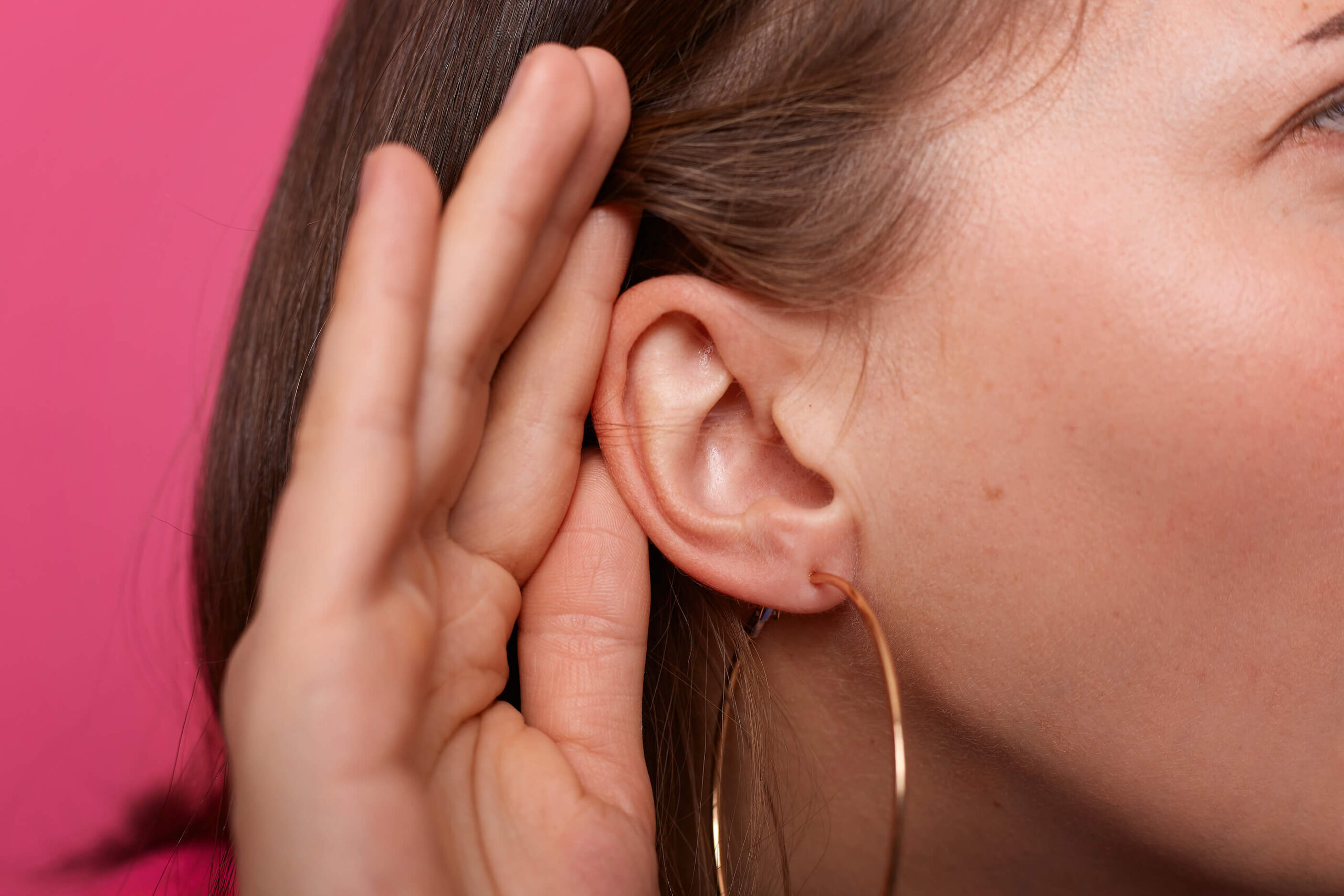
Hearing loss is a common health concern that can occur gradually over time or suddenly without warning. While gradual hearing loss is more prevalent and often associated with aging or long-term exposure to loud noise, sudden hearing loss, also known as sudden sensorineural hearing loss (SSNHL), can be alarming and requires prompt attention. We’ll explore what sudden hearing loss is, its possible causes, symptoms, and what it may mean for individuals experiencing this condition.
Understanding Sudden Hearing Loss
Sudden hearing loss is defined as a rapid loss of hearing that occurs for 72 hours or less. It typically affects one ear rather than both ears simultaneously. Sudden sensorineural hearing loss specifically refers to hearing loss caused by damage to the inner ear or auditory nerve, resulting in difficulty hearing sounds clearly or at all. The severity of sudden hearing loss can range from mild to profound, with some individuals experiencing a complete loss of hearing in the affected ear.
Possible Causes of Sudden Hearing Loss
The exact cause of sudden sensorineural hearing loss is often unknown, which can be frustrating for individuals experiencing this condition. However, several factors and underlying conditions may contribute to sudden hearing loss, including:
Viral Infections: Viral infections, such as viral labyrinthitis or vestibular neuritis, can affect the inner ear and lead to sudden hearing loss. These infections may cause inflammation or damage to the delicate structures of the inner ear, impairing hearing function.
Vascular Issues: Sudden hearing loss may be related to vascular disorders affecting blood flow to the inner ear. Conditions such as ischemia, thrombosis, or vasospasm can disrupt blood flow to the cochlea, leading to sudden sensorineural hearing loss.
Trauma or Injury: Head trauma, barotrauma (sudden changes in air pressure), or physical injury to the head or ear can result in sudden hearing loss. Traumatic events may damage the cochlea, auditory nerve, or other inner ear structures, causing hearing impairment.
Autoimmune Disorders: Autoimmune disorders, such as autoimmune inner ear disease (AIED), occur when the immune system mistakenly attacks the tissues of the inner ear, leading to inflammation and hearing loss.
Medications: Certain medications, including some antibiotics, chemotherapy drugs, nonsteroidal anti-inflammatory drugs (NSAIDs), and ototoxic medications, have been associated with sudden sensorineural hearing loss as a potential side effect.
Symptoms of Sudden Hearing Loss
The symptoms of sudden hearing loss may vary depending on the severity and underlying cause but commonly include:
- Rapid onset of hearing loss in one ear
- Difficulty hearing sounds clearly or understanding speech
- Feeling of fullness or pressure in the affected ear
- Tinnitus (ringing, buzzing, or roaring sounds in the ear)
- Dizziness or vertigo
What Sudden Hearing Loss May Mean
Experiencing sudden hearing loss can be distressing and may indicate an underlying health issue that requires medical attention. While some cases of sudden sensorineural hearing loss may resolve spontaneously within a few days to weeks, prompt evaluation by a healthcare provider is essential to determine the cause and appropriate treatment. Delaying treatment may reduce the effectiveness of interventions and potentially lead to permanent hearing impairment.
Treatment and Management
Treatment for sudden sensorineural hearing loss typically involves a combination of interventions aimed at addressing the underlying cause and restoring hearing function. Depending on the individual’s specific situation, treatment options may include:
- Corticosteroid therapy to reduce inflammation and improve blood flow to the inner ear
- Antiviral medications if a viral infection is suspected
- Vasodilator medications to improve blood circulation to the inner ear
- Hyperbaric oxygen therapy to increase oxygen delivery to the inner ear
- Hearing aids or assistive listening devices to improve communication and quality of life for individuals with persistent hearing loss
Sudden hearing loss is a rapid loss of hearing that requires immediate attention and medical evaluation. While the exact cause of sudden sensorineural hearing loss may be unknown in many cases, prompt intervention is crucial to maximize the chances of recovery and prevent permanent hearing impairment. If you or someone you know experiences sudden hearing loss, seek medical attention promptly to determine the underlying cause and explore appropriate treatment options. Early intervention can make a significant difference in preserving hearing function and improving overall outcomes.

Why Ignoring Hearing Loss Is More Harmful Than You Think
Matthew Favinger, M.S., F-AAA

Common Challenges with Hearing Aids and How to Overcome Them
Matthew Favinger, M.S., F-AAA

